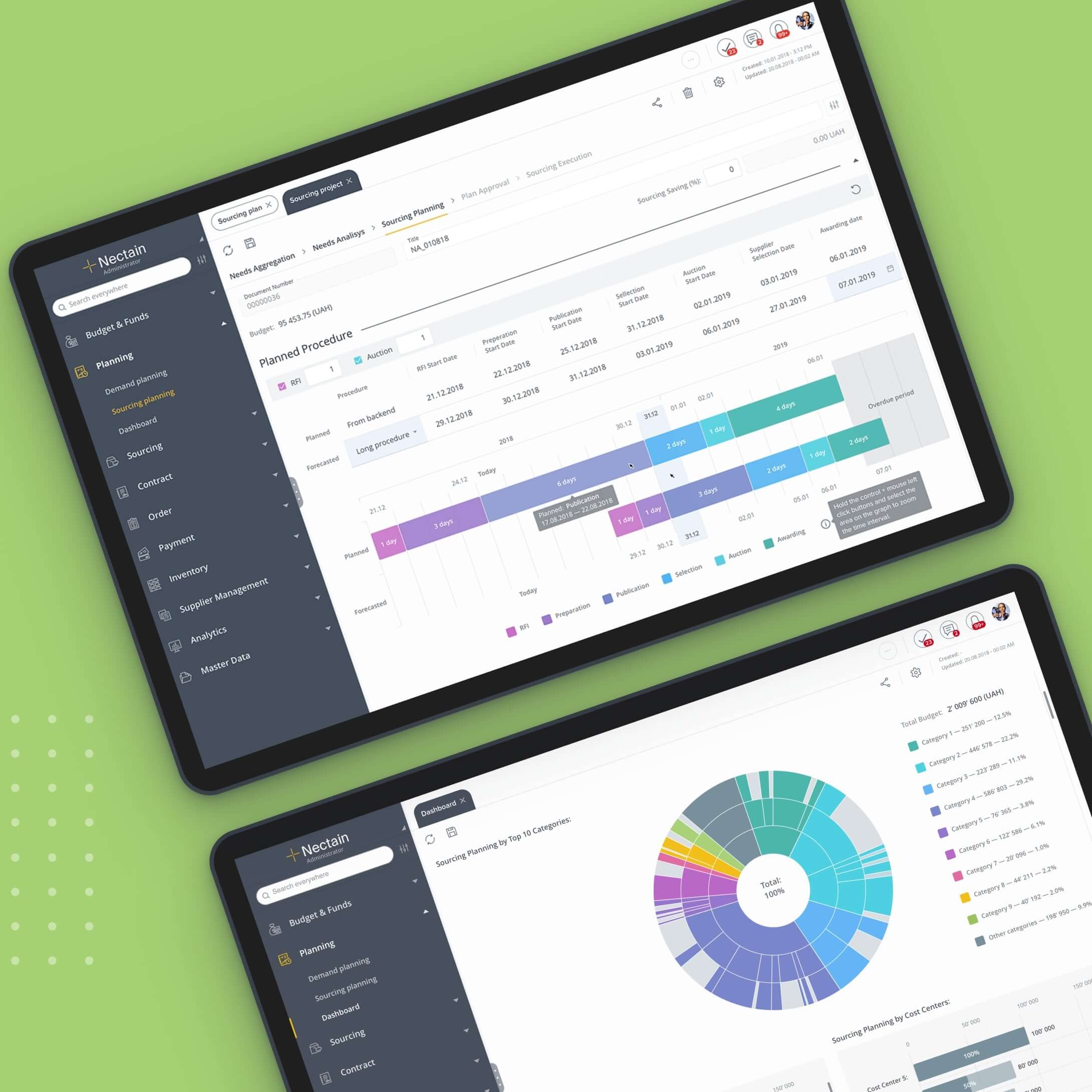The success of any vaccination depends on the well-managed organization of all the necessary transportation and utilization processes. To make immunization a successful story, it is wise to develop vaccine logistics management systems that are part of vaccines’ transportation.
Vaccination and immunization of the population over the globe are crucial in achieving health and social development, especially in terms of sustainability. It is the basis of achieving universal health. For example, global health and well-being belong to the 17 Sustainable Development Goals. This is the foundation of successful human development, and it unavoidably impacts other spheres of life of the global population.
Making vaccination available with the help of good-functioning logistics contributes to the well-being of all of us. Logistics systems can be national and multinational, as well as global.
For example, according to the Immunization Agenda 2030, one of the main areas for improvement is vaccine logistics. It is to provide the basics of healthcare and improve immunization capacities globally.
Thus, vaccine logistics nowadays has become furthermore in demand and is part of human development sustainable goals for the nearest decade to overcome various healthcare challenges, especially when it comes to digital and smart software logistics solutions.
What’s a Vaccine Logistics Management Information System?
Vaccine logistics management information systems (vLMIS) are inevitable in modern healthcare supply chains. The end goal is to provide people with immunization so they can carry out healthier lives. The well-functioning of vLMIS is necessary for medicines delivery and subsequently saving human health and lives.
At its core, the vaccine LIMS is custom software that performs specific functions and helps customers achieve their goals (for example, delivering vaccines). It has a modular system that aims to perform certain functionality, such as:
- Forecasting, order management;
- Warehousing, storage conditions monitoring;
- Managing supplies and stock;
- Business intelligence and data gathering;
- Reports generation.
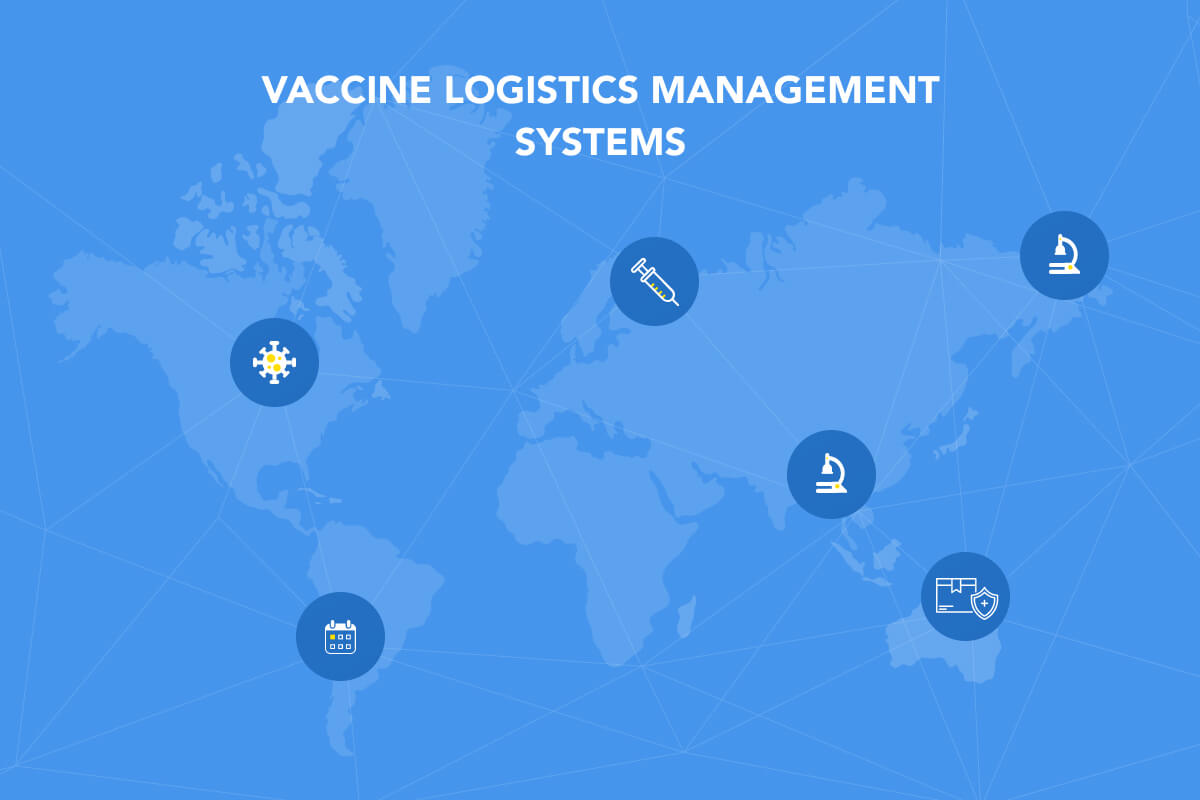
The whole software or web system of vLMIS creation can consist of many parts, such as business analysis, prototyping, development, testing, etc. Besides, it consists of developers/companies that actually create it, engaging varieties of devices aimed at temperature regulation and health product preservation during transportation (cold chains), as an example.
The e-systems of vaccine logistics can be customized (for particular tailored use) and off-the-shelf (unified).
What Are the Functions of vLMIS?
For an accomplished functioning of the smart logistics management system software, the accuracy of data plays a vital role. One can rely only on pertinent and accurate data to make any decision on the vaccine logistics process. Data is required to organize any operational process, from what kind of vaccine do we need to how we utilize it. In addition to that, one needs the appropriate and correct data to identify the demand, be able to forecast it, as well as to address it with actions subsequently. To address the newest outbreaks, the system has to have outstanding performance; vaccine LMS has to be efficient, no doubt.
Above all, the vLMIS is to ensure that vaccines and immunization products are available and can cover the demand. It is also to ensure that there is enough quantity, quality, and amount of the vaccine and that it is there where it is required to be at the right moment. To ensure these requirements, there are numerous functions of vxLMIS available.
Information systems and software, in general, are used for constructing supply and logistics in healthcare and aim to provide efficiency and visibility. It is done with a view that the whole logistics process would be carried out effectively and transparently.
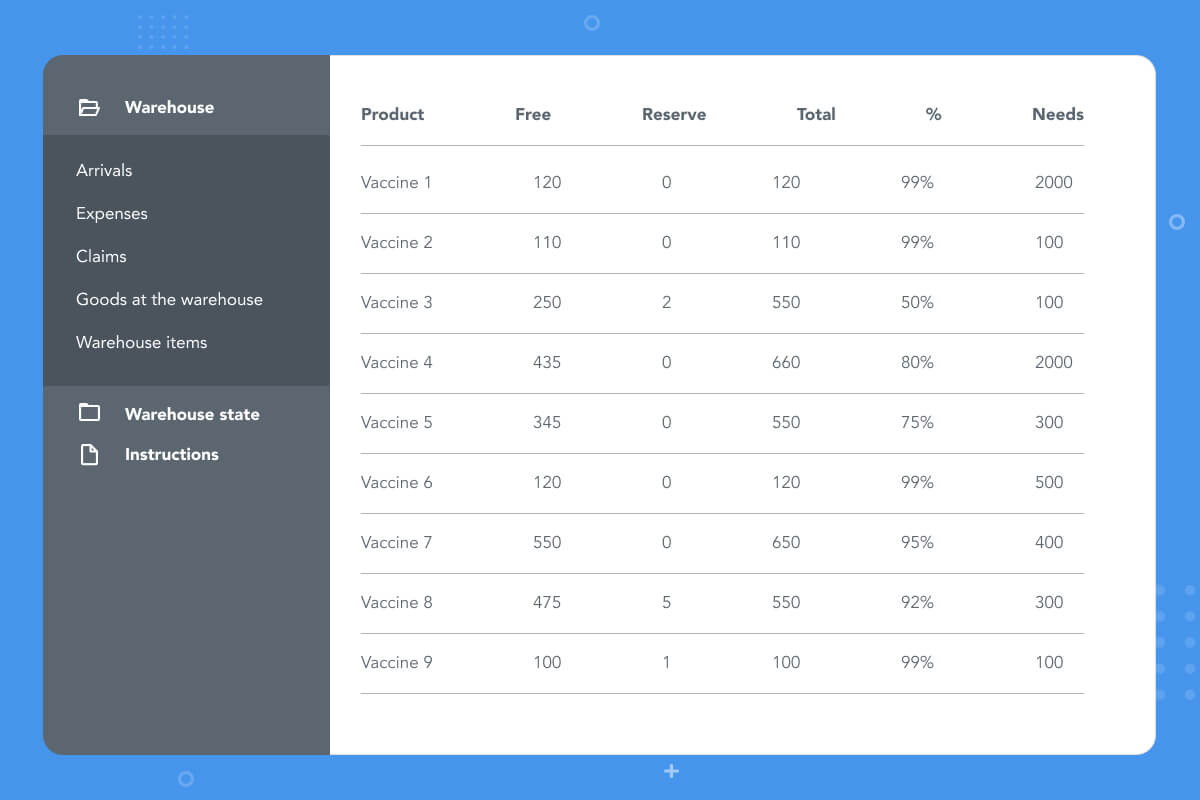
Data and Accuracy
Among other key functions of the vLMIS, the important one is to gather data. For instance, the data as to stock availability, storage temperature balance, capacities, quantities, required inventory, consumption, and distribution. This data belongs to the logistics performance indicators. Later on, systems transform data into information to help the decision-making processes. It helps to trace, track, and identify any issues.
So, the logistics software solutions are to gather the data on a routine basis. They are to track variables and transform them into information and subsequent reporting. This is another key function of the vaccine LMIS solution. Systems generate reports ad hoc or routinely. So that we can review and analyze them to make necessary decisions and take action, if any.
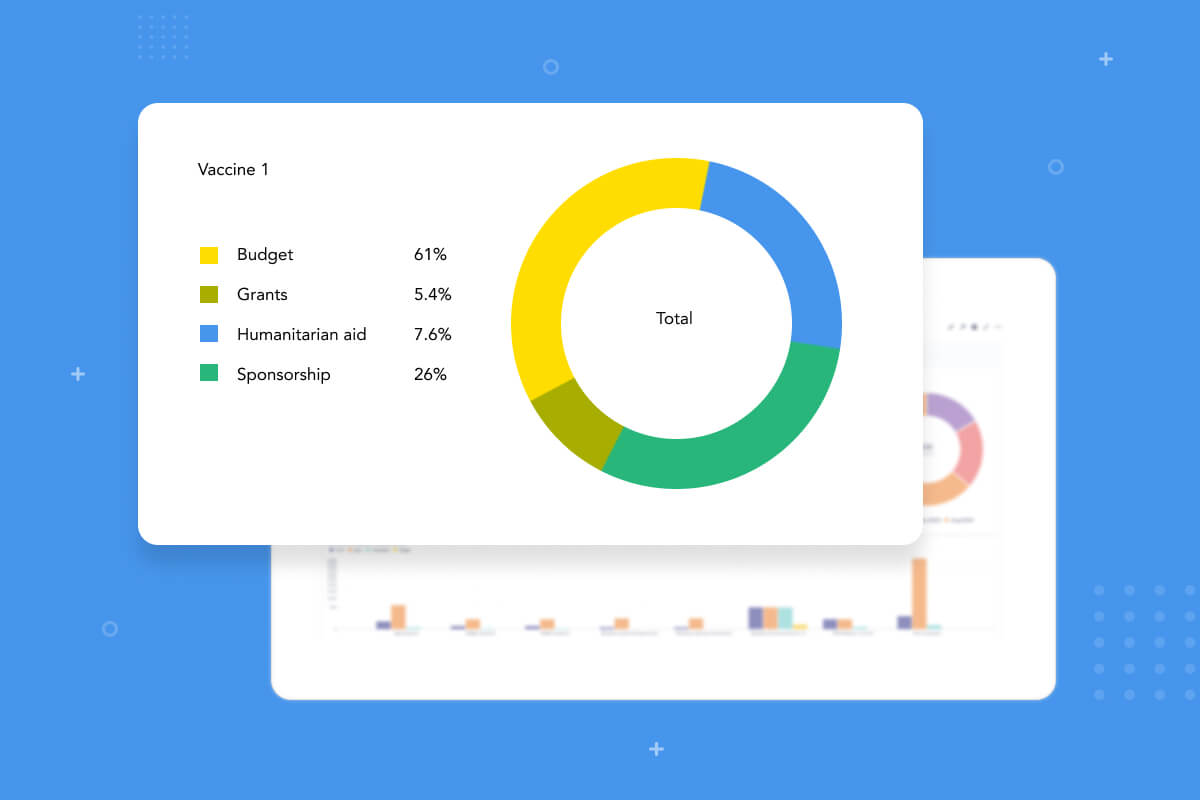
Vaccine LMIS is aimed at identification and accurate distribution. It is also about being able to make necessary decisions on the way, as well as to locate and recognize any risks and critical factors and allocate resources. To receive viable results, we also need to understand the success factors of delivery and distribution. That is why the more accurate identification is, and the more people can be reached at the end of the logistics circle.
To sum up, the core and most desirable functions are:
- Track and gather data;
- Generate reports;
- Boost decision-making;
- Plan and manage inventory;
- Provide unified software;
- Sustain visibility and monitoring;
- Be flexible with its help to address outbreaks.
Software Standards for Vaccine Logistics Management and Information Systems
The reliability and effectiveness of the vLMIS software are one of crucial dimensions of providing the planned levels of immunization. However, one of the main requirements of the Vaccine Alliance is that the software and vLMIS should be unified. It is because many areas of global vaccine distribution lack unified practices, and therefore they are not sufficiently covered. With the help of uncustomized software, public health organizations and alliances are aiming to achieve better access and qualified implementation of immunization processes.
Therefore, the overall scope of functional requirements is defined by Gavi. It was called the Six Rights, and these rights are applied to the logistical systems or what is aimed to be achieved. To define them, one has to answer several questions, namely:
- Is the vaccine at the correct place?
- Is it in a proper condition?
- Do we have it when it is needed?
- Does it have an agreeable price?
- Is the current vaccine the correct one?
- Is it in a sufficient amount?
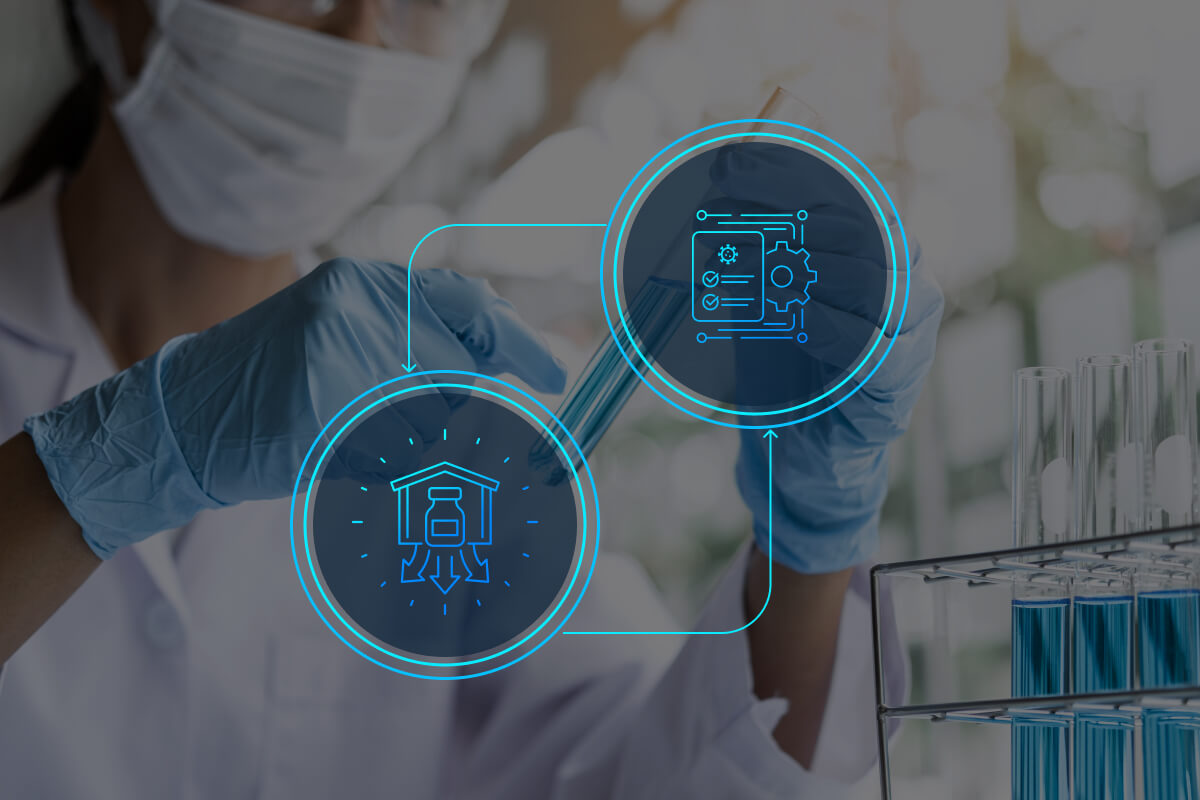
The systems are expected to generate and gather data to all of these questions, so it has to be data-driven. VLMIS should be able to monitor the data and cold chain conditions of storage. Thus, inventory management is of particular importance.
It has to forecast the supply-demand and also be available offline. It also should have the capacity to be integrated into any other existing system and be operationally easy to use. This is particularly important when the aim is to achieve unified results and standards.
Benefits of Vaccine Logistics Information Systems
- As a result of smart and digital technologies applications, the Vaccine Logistics Information Systems can positively benefit the SDGs and the whole world;
- With its help, the vaccination campaigns are not that challenging anymore, particularly considering COVID similar to outbreaks in the future;
- Vaccine LM systems, if functioning correctly and responding to the requirements set, are able to provide solid support to the whole immunization process globally, especially during the COVID-19 era;
- Functionally efficient VaLMIS is available at any time at any place and meets the necessary demand;
- With its help, countries, organizations, and public health alliances can receive a proven collaboration tool, and they are able to apply corrective actions with its help if necessary. VLMIS can provide effective data and partner action integration, as well as traceability and monitoring of supplies.

Conclusion
Vaccine Logistics Management Information Systems are designed to help in managing the immunization processes and improve operational efficiency. Their aim is to provide the necessary digital environment to be able to track and improve the distribution and logistics.
VLMIS aims to improve the operations and play a role in the unification of activity among partner organizations, make immunization available for everyone, and adhere to sustainable development goals.



